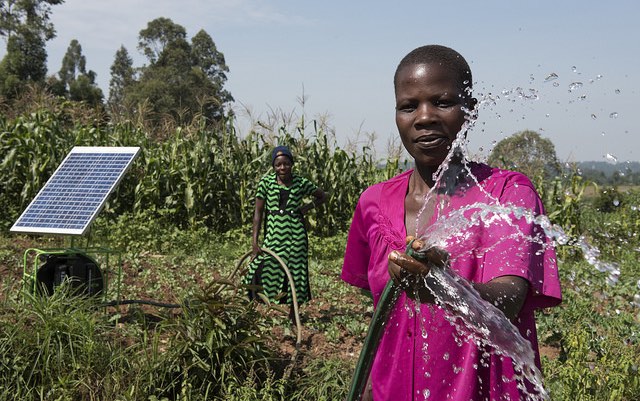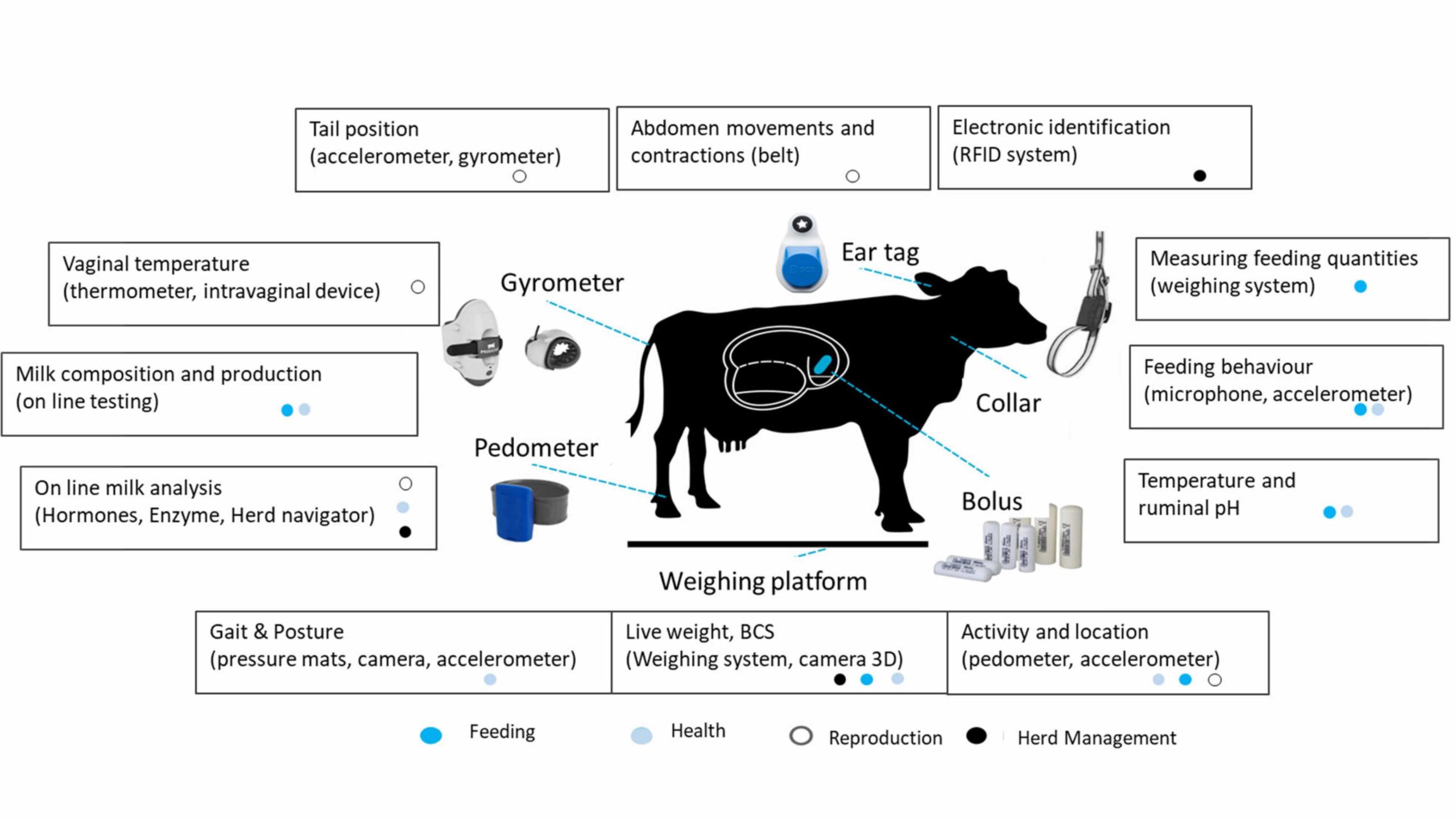The number of food-insecure people in Africa South of the Sahara remains unacceptably high and is set to increase as a result of climate change and weak agricultural and economic growth. According to the 2018 Global Food Policy Report, an additional 38 million people are projected to be at risk of hunger in 2050 as a result of climate change-induced slowdowns and disruptions in agriculture in the region—25 percent more than would be at risk in the absence of climate change.
Under-investment in irrigation development is a key factor in slow agricultural growth. Only 6 percent of cropland in the region is irrigated. Low irrigation development makes agricultural production vulnerable to rainfall variability and prevents farmers from extending production into the dry season.
While investments in surface reservoirs and large-scale irrigation development have remained limited for decades, a modest yet thriving small-scale irrigation sector, drawing on naturally occurring surface and groundwater resources, has developed in parts of the region. Thanks to the increased availability and affordability of solar irrigation pumps, this sector is set to rapidly expand.
Much of the small-scale sector draws on aquifers, especially shallow aquifers, which serve as natural reservoirs with water retention capacities. This approach may provide a low-cost solution to small-scale irrigation development; and has been identified as a key solution by the CGIAR Research Program on Water, Land and Ecosystems.
In a recent World Bank study, we developed estimates for the potential to expand irrigated agriculture in Africa South of the Sahara. The assessment combined a wide range of criteria, including the biophysical environment, profitability, and the demand and market potential of irrigated crops. The analysis showed that at irrigation development costs of $4,500 over a five-year investment horizon and operation and maintenance costs of $125 per hectare and year, 15 million hectares could be developed sustainably through smallholder-led development. Nine million hectares of this small-scale potential is located in the dry zones of the region.
But how will farmers access water for growing crops? We found that close to 6 million ha of smallholder irrigation potential can be met through sustainable pumping from shallow aquifers with good hydrogeological conditions, profitably meeting local, national, and regional food demand. Most of the shallow groundwater potential, 2.1 million ha, is located in West Africa, followed by East Africa at 1.7 million ha, and southern Africa with 1.4 million ha. Among the countries in the region, Nigeria has the largest potential, followed by Madagascar and Ethiopia:
IFPRI
Such significant potential suggests that groundwater-fed irrigation can be a promising, nature-based solution to reduce the number of people at risk of hunger under growing climate variability and change. Developing this potential in a sustainable manner will require rapidly expanding the availability of affordable solar pump technology, as well as strong investment in governance—especially self-governance of groundwater resources. Innovative tools, such as collective action games, have been shown to work in promoting such self-governance in India, where groundwater depletion is a threat to food security and rural livelihoods. Similar strategies should also be brought to bear on Africa’s rapidly developing smallholder irrigation sector to ensure that feeding millions from the ground up is both a nature-based and long-term solution for both people and the planet.
Hua Xie is a Research Fellow with IFPRI’s Environment and Production Technology Division (EPTD); Claudia Ringler is EPTD Deputy Division Director and Flagship co-lead, CGIAR Research Program on Water, Land and Ecosystems.







